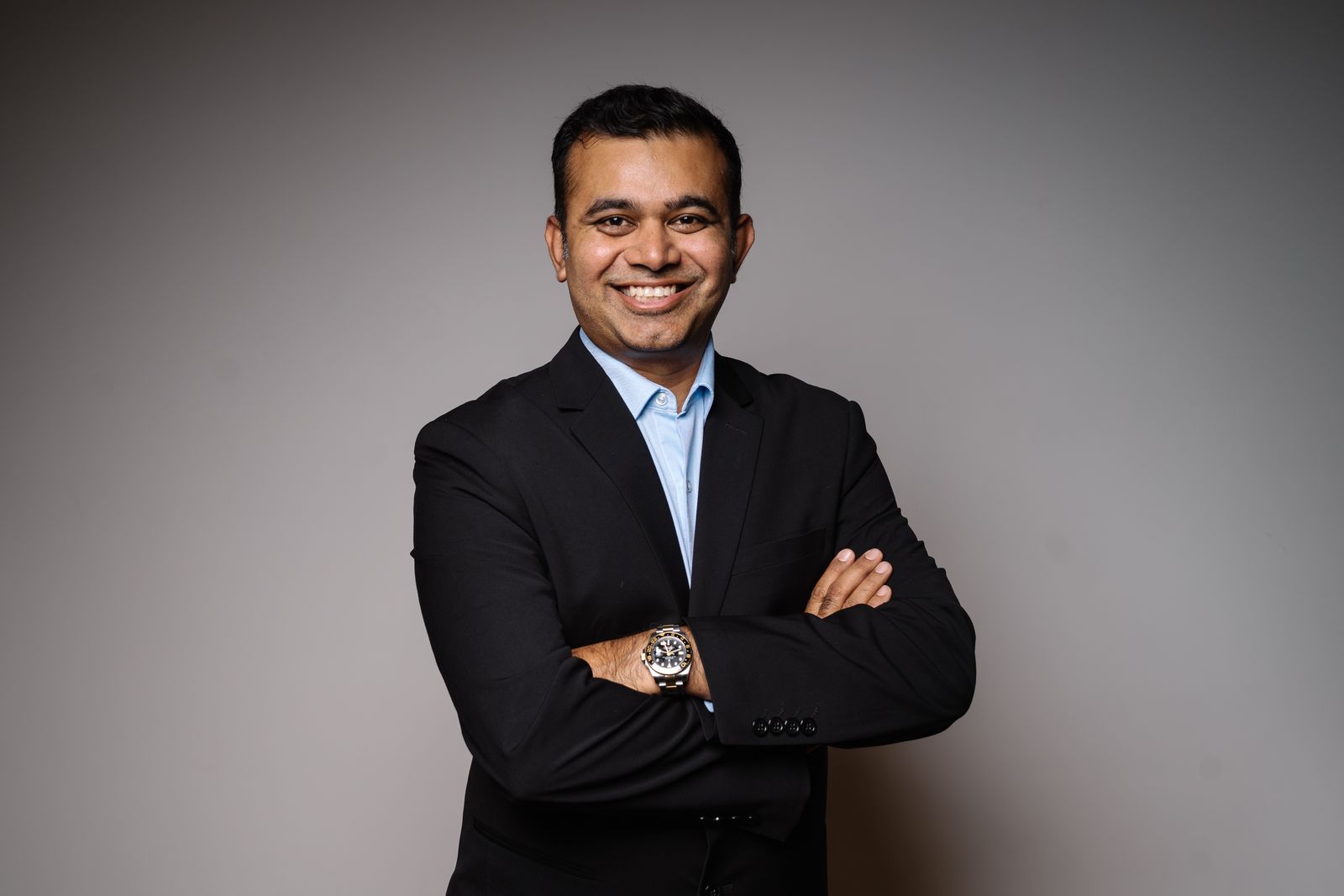Building trust in AI for contracts: how Legalise is rewriting legal tech for SaaS

Legal contracts are messy. But they don’t have to stay that way.
In Episode 269 of Web3 with Sam Kamani, we meet someone who knows just how deep the legal rabbit hole goes—Usman Wahid, a 23-year veteran lawyer who has spent decades in the trenches of IT contracts, fintech deals, and tech joint ventures. At 46, Usman made a bold pivot: he founded Legalise, a startup rethinking how SaaS companies negotiate B2B contracts with the help of AI.
“I wasn’t trying to disrupt law,” Usman explains. “I was trying to fix something I knew from the inside.”
From courtroom to codebase
Unlike AI platforms that churn out generic contract templates or give you hallucinated case law citations, Legalise is a product-led legal AI system—built to track, manage, and progressively resolve negotiation issues in complex B2B contracts.
Think of it as an assistant that understands how lawyers actually work. It helps teams cut down rounds of redlines, keeps everyone on the same page, and ensures nothing slips through—with a real lawyer in the loop at all times.
Avoiding hallucinations and legal black holes
One of the core challenges Legalise addresses is AI hallucinations in legal tech. Usman shares chilling examples from UK courts, where lawyers unknowingly submitted fake case law generated by ChatGPT. The lesson? Retail LLMs are not courtroom-ready.
Legalise counters this by using domain-specific prompts, structured workflows, and checkpoints designed specifically for legal work. It's not just about outputting a clause—it’s about understanding the meaning, context, and risk behind every word.
Centralized vs decentralized AI in law
When it comes to infrastructure, Legalise walks a hybrid path. For model performance, they lean centralized. But for flexibility and future-proofing, they embrace open-source components.
And they’re watching the decentralized AI movement closely.
Usman points out how decentralized, trustless AI systems might one day serve public legal infrastructure, especially where microtransactions or open legal knowledge bases are involved. But for now, compliance, security, and oversight remain front and center.
The future of legal careers in an AI world
Rather than painting AI as the enemy of lawyers, Usman offers a more grounded vision. Legalise is built to augment human judgment, not replace it.
“Young lawyers won’t be out of work—they’ll just need to get better at design thinking, workflow tools, and collaborating with AI,” Usman says.
He believes legal careers will become more strategic, tech-savvy, and client-centric—with AI handling the routine, and humans focusing on nuance.
A call to SaaS and Web3 founders
Legalise is still early—but already onboarding its first customers. Usman’s ask is simple: if you’re a B2B SaaS startup, especially in Web3, and you’ve had painful legal negotiations delay your go-to-market, get in touch.
You’ll get early access, influence the roadmap, and help shape what AI in legal workflows actually looks like.
Listen to the full episode:
Learn more about Legalise:
- Website: https://legalise.io/
- Usman Wahid on LinkedIn: https://www.linkedin.com/in/usman-wahid-78236413/




